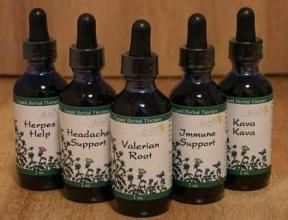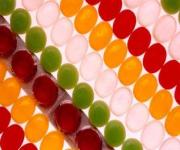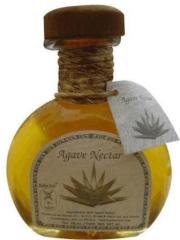Herb Product TypesMany times herb product types are very confusing to people searching for the right treatments. Most of the patients I have spoken with are under the assumption that capsules are the only way to go. This may or may not be correct. It all depends on the type of herb and how it may react to acid in the stomach. As a general rule organic herbs are best and should be standardized. These are the different herb product types: CapsulesCapsules are a gelatin shell that may contain glycering or water as a softening agent. Ground or powdered herbs are contained in them, but it is important to read the label as some contain preservatives and dyes. Some herbs (devil's claw) are deactivated by acid in the stomach and therefore should have an enteric coating which allows for better absorption in the intestine and bypasses the stomach. Also, some herbs lose potency if presented only in a crushed or powdered forms and therefore an extract or tincture is better. ExtractsExtracts are concentrated preparations of herbs usually in a liquid form, where one part of the herb is combined with either water or alcohol. Some herbs can only be dissolved in alcohol. Solid extracts are made after the chopped herb is dissolved in a solvent, the liquid filtered and then dried at low heat. The constituents left behind are put in capsules or tablets. Solid extracts are much more concentrated than liquid. GranulesGranules are powdered herb held together with binders such as cellulose fiber, gelatine or even sugar. They are frequently found in Chinese patent medicines for digestive complaints. LozengesLozenges are also known as gragees, pastilles, and troches. They have a tablet-like appearance, but unlike tablets which are made by compression, lozenges are molded or cut from mixtures of sugar, gum, gelatin and a small amount of the herb. Medicinal SpiritsMedicinal spirits or essences are the volitile oils of hrbs preserved in a mixture of water and alcohol. The most commonly used is peppermint which is made by dissolving the oil extracted by crushing peppermint leaves in alcohol. Other medicinal spirits can be made by distillation where the herb is pulverized and mixed with alcohol. After it stands a bit, the mixture is heated, evaporated, captured in a "still" and preserved in alcohol. Anyone with alcohol related problems should avoid medicinal spirits. SyrupsSugary syrups are used in herbal preparations when giving the herbs to children. Syrups usually consist of 2/3 sugar and the high sugar content makes it extremely difficult for bacterial growth to take hold. TabletsTablets are made by compressing granules or powders into a mold. They usually contain very small amounts of an extract suspended in a binder and may have colors added. Coated tablets are covered with dyes, fat, sugar and wax to protect the ingredients inside. This also protects them against moisture, heat and light (and any bad taste!) Herbal TeasHerbal teas are prepared from single or mixtures of herbs. If for and acute condition they are almost always brewed from a single herb. For a chronic condition, a mixture is usually utilized. Of all forms used for herbs, teas are the most gentle and have the slowest effects on the body. Unfortunately, absorption of active components can be a bit unpredictable in their results and onset of action. TincturesA tincture is a mixture of alcohol, herb and water. When used for children, the alcohol is substituted with glycerine.
| ||||||||

 What is standardization? At the present time there are no FDA regulations in the US concerning theraputic levels for herbs OR consistency of product. Unlike the pharmaceutical companies which have strict standards to adhere to, there are none in the herbal community. One of the biggest proponents of standardization is Gaia herbs which is a company in California. Gaia has been pushing hard for standardization within the industry for years, and are known for their use of organics. At the present time, based on their standards I would highly recommend purchasing their products for herbal remedies.
What is standardization? At the present time there are no FDA regulations in the US concerning theraputic levels for herbs OR consistency of product. Unlike the pharmaceutical companies which have strict standards to adhere to, there are none in the herbal community. One of the biggest proponents of standardization is Gaia herbs which is a company in California. Gaia has been pushing hard for standardization within the industry for years, and are known for their use of organics. At the present time, based on their standards I would highly recommend purchasing their products for herbal remedies. 


